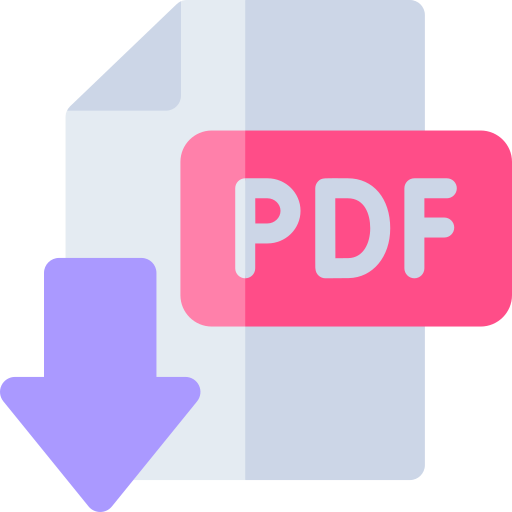Object of the Bill
The policy behind the Bill is to prohibit the manufacture and trade in counterfeit goods that infringe upon protected intellectual property rights; to prohibit release of counterfeit goods into the channels of commerce; to create offences relating to trade in counterfeit goods to empower the commissioner of customs and excise to seize and detain suspected counterfeit goods; to empower inspectors to be appointed by the Uganda National Bureau of Standards to seize and Detain suspected counterfeit goods, and to provide for incidental matters.
Bill Document
Other Attachments
The Anti Counterfeiting Goods Bill, 2010
Sponsored By Maj. Gen. (Rtd) Kahinda Otafiire (Minister of Tourism, Wildlife and Antiquities)
Committee: The Committee on Tourism, Trade and Industry
Start
First Reading/Committee
The bill is still at First Reading, and the first stage of a bill is a passage through the floor of parliament. This stage is usually a formality, primarily focusing on introducing the Bill to the Parliament. It takes place without debate, and the first reading of a Bill can occur anytime in a parliamentary session. The significance of this stage lies in the fact that it marks the formal introduction of the Bill to the Parliament, setting the stage for further discussions and debates.
Second Reading
The Bill has now progressed to the Second Reading, a stage that offers the first opportunity for MPs to engage in a democratic debate on the main principles of the Bill. This stage, which usually takes up to 45 days after the first reading, allows for thorough discussion and ensures that all voices are heard. Once the second reading is complete, the Bill moves to the committee stage, where each clause and any amendments to the Bill may be debated, further highlighting the democratic nature of the process.
Third Reading
Presentation/Waiting Assent
Assented by President
End
Bill passed on 01/01/1970
Bill Withdrawn on 01/01/1970
